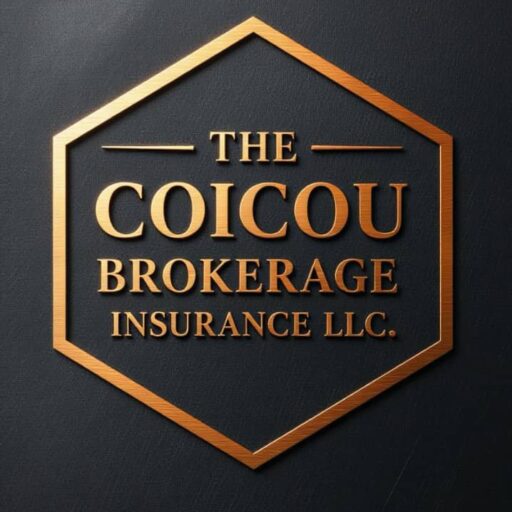The Three Types of Insurance Every Small Business Owner Needs
Starting a small business is a monumental achievement, but it also exposes you to new risks. While the specific insurance you need varies by industry, three core types form the foundational safety net every entrepreneur should establish from day one. These coverages protect your assets, manage liability, and ensure business continuity.
1. General Liability Insurance (GLI)
What it is: Often called “slip-and-fall” coverage, General Liability is your first and most fundamental line of defense against claims that arise from day-to-day business operations.
What it covers:
- Bodily Injury: If a customer, client, or delivery person is injured on your premises (e.g., slipping on a wet floor in your office or store).
- Property Damage: If you or an employee accidentally damage a client’s property while working (e.g., a contractor dropping equipment through a client’s floor).
- Advertising Injury: Protection against claims of libel, slander, or copyright infringement in your marketing efforts.
Why a business owner needs it: Even home-based businesses interact with clients or vendors, and this coverage protects your personal assets from lawsuits resulting from common accidents. It is also often required in leases or client contracts.
2. Commercial Property Insurance (CPI)
What it is: This coverage protects the physical assets your business owns and uses, from your brick-and-mortar storefront to the equipment inside it.
What it covers:
- Building: The physical structure of your owned office, store, or warehouse (if you own the property).
- Business Personal Property (BPP): Items inside the premises, such as inventory, furniture, computers, specialized tools, and machinery, against loss from covered perils (like fire, theft, or vandalism).
Why a business owner needs it: If a fire wipes out your inventory or a major storm floods your office, CPI provides the funds needed to quickly replace essential items and reopen, minimizing downtime.
TIP: Many small businesses combine General Liability and Commercial Property into a single, cost-effective package known as a Business Owner’s Policy (BOP).
3. Workers’ Compensation Insurance (WC)
What it is: This coverage provides financial benefits to employees who are injured or become ill as a direct result of their job.
What it covers:
- Medical Costs: Pays for hospital visits, doctor fees, and rehabilitation necessary due to a work-related injury.
- Lost Wages: Provides a percentage of the employee’s wages if they are temporarily or permanently unable to work.
- Death Benefits: Provides payments to the employee’s dependents if the injury results in death.
Why a business owner needs it: In nearly every state, Workers’ Comp is legally mandatory once you hire your first employee (though rules vary by state and industry). It shields the business from being directly sued by an injured employee and ensures that employee receives necessary care.
Beyond the Big Three: What’s Next?
Once the three foundational coverages are in place, a growing business should consider these key extensions:
- Commercial Auto Insurance: For any vehicles used primarily for business (even if they are personal vehicles driven for work).
- Professional Liability (E&O): Essential for service-based businesses (consultants, designers, accountants) as it protects against claims of negligence, errors, or failure to perform a service.
- Cyber Liability Insurance: Protects against data breaches, system intrusions, and the costs associated with notifying customers and restoring systems.
A well-rounded insurance portfolio is not just an expense—it’s an investment in your business’s future and stability. Consult with an insurance professional to tailor these coverages to your specific industry risks and state regulations.
